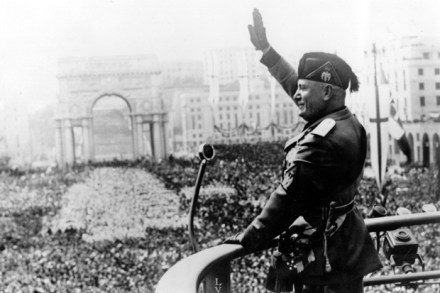Umberto Eco really tries our patience
Colonna, the protagonist of Umberto Eco’s latest novel, is the first to admit he is a loser. A middle-aged literary nègre, he dreams of writing his own book, but can’t break the habit of alluding to others’ work: he even refers to himself as a ‘man without qualities’. One day in 1992, he is commissioned to ghostwrite a memoir about a newspaper being launched in Milan. Domani (‘Tomorrow’) will never be published: a tycoon who finances it plans to use it as a blackmail tool in his shady dealings. The proposed title of the memoir, Domani: Yesterday, sets the tone for this pacy book that doesn’t take itself too seriously.




















